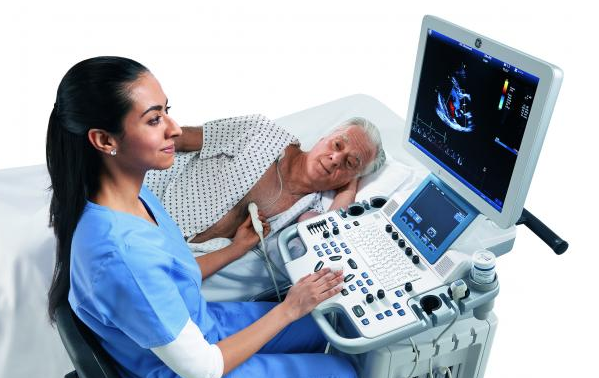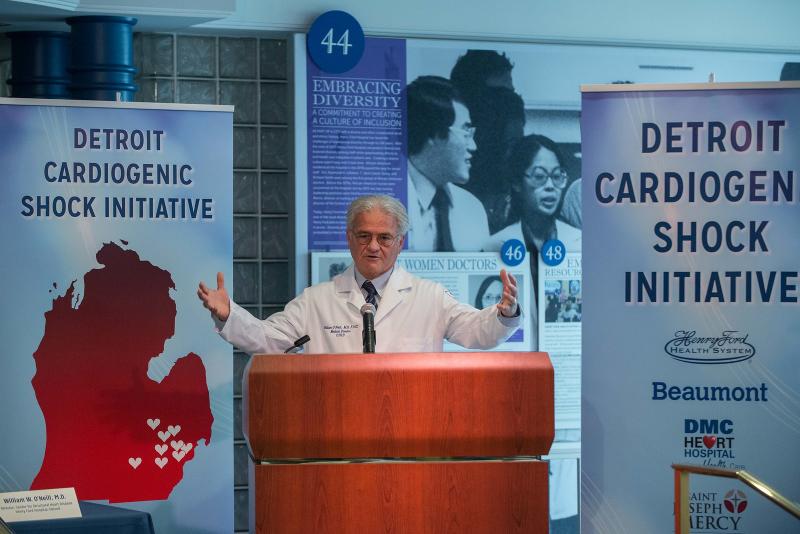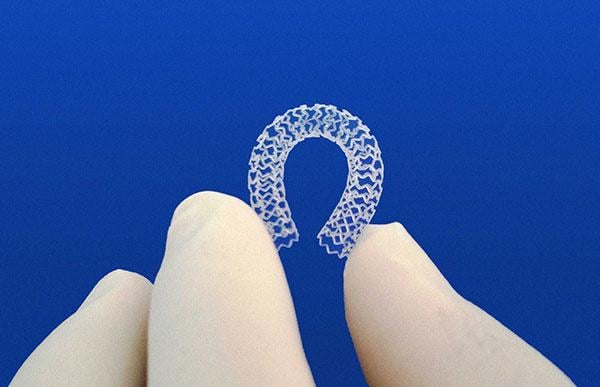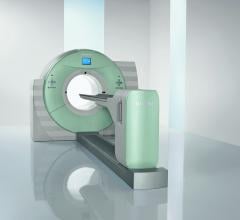June 27, 2018 — Wearable cardioverter defibrillators may be a safe and effective alternative to surgically implanted ...
Results from a 902-person, five-country survey of people living with atrial fibrillation (AF) reinforce the importance of patient-physician discussion around the reversal of blood thinning (anticoagulant) treatments in potential emergency situations.
MedStar Heart & Vascular Institute physicians participating in a clinical trial have become the first in the Mid-Atlantic region to implant the Watchman FLX device. The Watchman FLX is the next generation of a potentially life-changing device proven to reduce the risk of stroke in certain patients with atrial fibrillation (AFib).
Providing exceptional cardiovascular care for patients to achieve the best possible outcomes is the number one goal for ...
Northwestern Medicine Bluhm Cardiovascular Institute in Illinois received a $25 million gift from the Bluhm Family Charitable Foundation, formed by Neil G. Bluhm, a prominent Chicago philanthropist and real estate developer. The gift will fund, in part, a first-of-its-kind center that utilizes artificial intelligence (AI) and machine learning to advance the study and treatment of cardiovascular disease.Northwestern Medicine Bluhm Cardiovascular Institute in Illinois received a $25 million gift from the Bluhm Family Charitable Foundation, formed by Neil G. Bluhm, a prominent Chicago philanthropist and real estate developer. The gift will fund, in part, a first-of-its-kind center that utilizes artificial intelligence (AI) and machine learning to advance the study and treatment of cardiovascular disease.
New research finds changes in cellular struts called microtubules (MT) can affect the stiffness of diseased human heart muscle cells. Furthermore, reversing these modifications can lessen the stiffness and improve the beating strength of these cells isolated from transplant patients with heart failure, found researchers from the Perelman School of Medicine at the University of Pennsylvania. This Nature Medicine new study is a continuation of research conducted two years ago on how MTs are involved in regulating the heartbeat.
Digisonics will exhibit its latest functionality for data-driven decisions at the American Society of Echocardiography 29th Annual Scientific Sessions, June 22-26 in Nashville, Tenn.
Cardiac positron emission tomography (PET) is growing in popularity among cardiologists because it provides the ability ...
Computed tomography (CT) angiography is a useful adjunct to autopsy that is likely to increase the quality of post-mortem diagnosis, according to a study appearing online in the journal Radiology. Researchers said the findings could have important implications for criminal investigations and hospital quality control efforts.

More than 60 companies and organizations are displaying their latest products and services at the 2018 American Society ...

About 50 percent of patients in cardiogenic shock do not survive, and account for about 90,000 heart attack patients a ...
When performing radiofrequency (RF) ablation to treat cardiac arrhythmia, medical professionals must balance the safety ...
The American Society of Nuclear Cardiology (ASNC) has published an update to its 2010 guidelines for single photon emission computed tomography (SPECT), with a focus on advances in myocardial perfusion imaging (MPI). The 2018 guideline is designed to provide MPI guidelines for conventional and novel SPECT for all nuclear cardiology practitioners.
Siemens Healthineers will announce U.S. Food and Drug Administration (FDA) clearance of four new system features for the Biograph mCT family of positron emission tomography/computed tomography (PET/CT) systems at the 2018 Annual Meeting of the Society of Nuclear Medicine and Molecular Imaging (SNMMI). These features, three of which are also available on the Biograph Vision PET/CT scanner, bring advanced clinical capabilities to healthcare providers, enabling them to expand precision medicine and transform the delivery of patient care.

June 19, 2018 – Amaranth Medical offered new details about its 85-micron Defiance bioresorbable scaffold (BRS) recently ...
Change Healthcare Cardiology Hemodynamics is an integrated hemodynamic monitoring system for monitoring vital signs and ...
Clinical practice, along with guidelines and research, have shown that speckle tracking strain imaging can improve diagnostic assessment, standardize interpretation and may assist in the way patients are monitored over time to optimize care. Since 2016, there has been an investigational CPT code (0399T) available for myocardial strain echo studies, which many institutions are now reporting reimbursement. At the 2018 American Society of Echocardiography (ASE) annual meeting, June 22-26 in Nashville, Epsilon Imaging will demonstrate how imaging departments can integrate strain imaging into their echoc programs with EchoInsight.
Cardiovascular imaging artificial intelligence (AI) company Bay Labs announced its EchoMD AutoEF software received 510(k) clearance from the U.S. Food and Drug Administration (FDA) for the fully automated clip selection and calculation of left ventricular ejection fraction (EF). EF is the single most widely used metric of cardiac function and used as the basis for many clinical decisions. The EchoMD AutoEF algorithms eliminate the need to manually select views, choose the best clips and manipulate them for quantification, an often time-consuming and highly variable process.
June 18, 2018 — Heart defects are the most common type of birth defect, and can be caused by mutations in the gene CHD4 ...


 June 27, 2018
June 27, 2018













